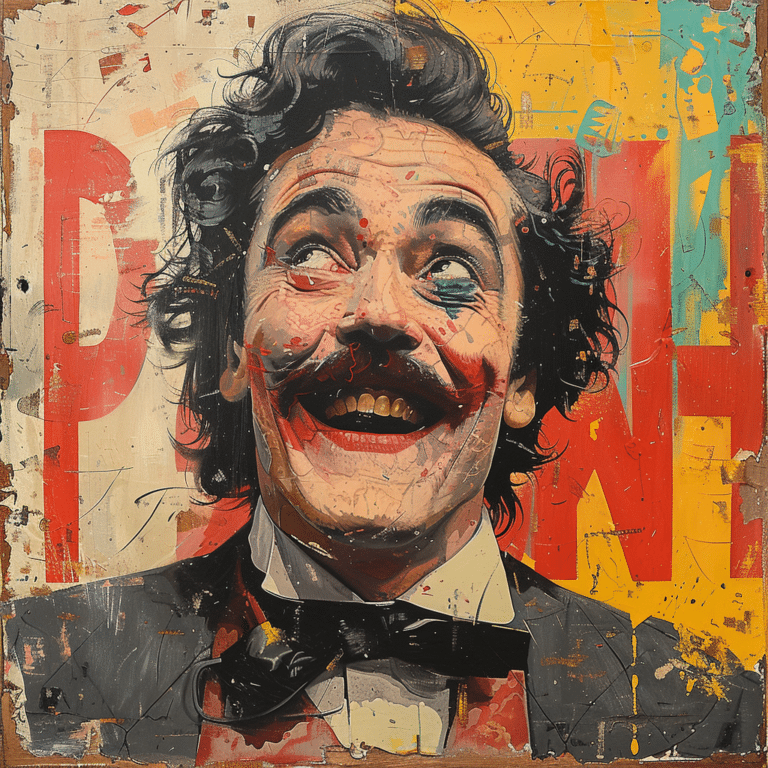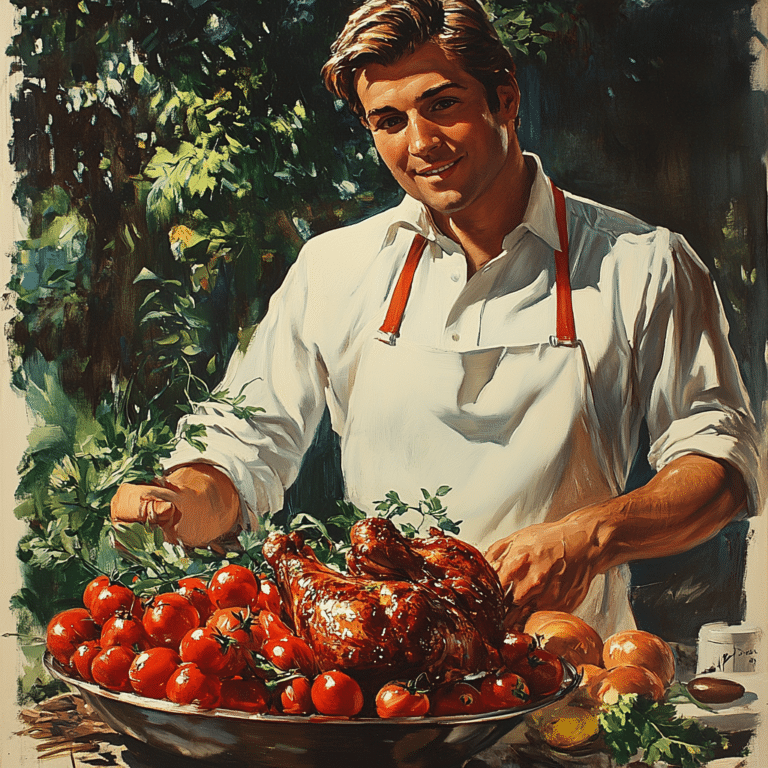When recounting the astonishing influence of the Marx Brothers, one name often seems to fade into the backdrop: Zeppo Marx. This youngest brother of the legendary comedic troupe is frequently overshadowed by the defining antics of Groucho, Harpo, and Chico. But make no mistake, beyond the surface of zany comedy and slapstick lies the unassuming prowess of Zeppo, whose contributions to the team, and his ventures afterward, offer an intriguing study of an unsung entertainment pioneer.
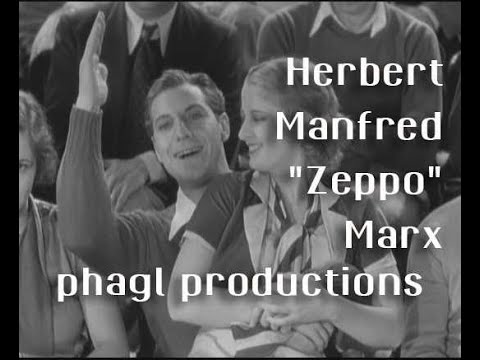
The Understated Role of Zeppo Marx within the Iconic Comedy Troupe
Zeppo Marx’s entry into the iconic Marx Brothers was nothing short of serendipitous. After Gummo left for the military, Zeppo stepped in, not as a mere understudy, but as a full-fledged performer. However, his comedic subtlety was a stark contrast to the boisterous personas of his siblings. He was the straight man—the foil against which the others’ absurdities were magnified. But let’s not kid ourselves, this role requires an impeccable sense of timing and a mastery of downplay that’s just as intricate as Groucho’s wisecracks.
Within the on-screen dynamic of the Marx Brothers, Zeppo’s role was frequently to ground the narrative, to be the rational voice amid a cacophony of madness. Comparatively, his screen time may have been sparse, yet his presence grounded his more outlandish brothers and provided a touch of normalcy. Some say, he was often the most relatable character to audiences, a trusted confidant within the whirlwind of Marx chaos.
Zeppo had a certain charm and suaveness that none of his brothers possessed. In “Duck Soup,” his last film with the group, this unique quality shone through, emphasizing his potential as a solo artist had he not been eclipsed by his brothers’ larger-than-life personas.

Zeppo Marx’s Life Post-Hollywood: A Dive into His Off-Screen Ventures
After his final bow in “Duck Soup” in 1933, Zeppo did not seek the spotlight but instead ventured into the world of business. He joined a talent management company in Hollywood, established by his brother Gummo. This career change exemplified Zeppo’s sharp acumen, far from the slapstick antics of Hollywood—a transition that proved pivotal not only for him but for the clients he skillfully managed.
But here’s a kicker: Zeppo was also quite the inventor. No joke, the man delved into engineering and even racked up several patents to his name. His standout invention? The ‘Heart Wristwatch’. This innovative device could monitor a person’s pulse and sound an alarm if the heartbeat was irregular. Talk about a departure from comedic stagecraft to life-saving technology!
This leap into the fields of aerospace and military industries left a lasting impact, evidencing a mind equally adept in mechanics and manufacturing as it was in delivering a punch line. Who knew the straight man had such a flair for innovation?
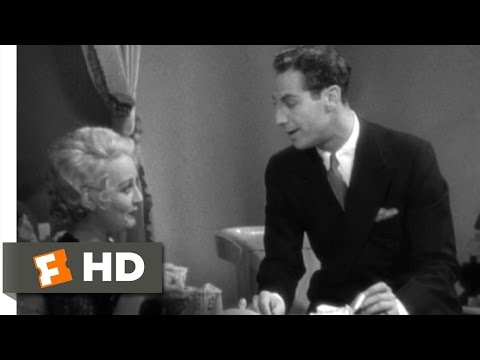
| Category | Information |
|---|---|
| Full Name | Herbert Manfred “Zeppo” Marx |
| Birth | February 25, 1901 |
| Death | November 30, 1979 |
| Known For | Youngest member of the Marx Brothers comedy team |
| Marx Brothers Films | – The Cocoanuts (1929) |
| – Animal Crackers (1930) | |
| – Monkey Business (1931) | |
| – Horse Feathers (1932) | |
| – Duck Soup (1933, last film with the Marx Brothers) | |
| Career Change | Left the Marx Brothers to join a talent management company |
| Business Collaboration | Worked with his brother Gummo Marx |
| Invention | Co-invented a ‘Heart Wristwatch’ for cardiac monitoring with an alarm for abnormal heartbeats |
| Legacy | Influenced the entertainment community well into the 21st century |
| Relationship to Gummo | Brother; Gummo also left the act and moved into talent management |
| Gummo’s Death | April 21, 1977; from cerebral hemorrhage; not reported to Groucho for health concerns |
| Groucho’s Death | August 19, 1977 |
| Zeppo’s Death | November 30, 1979; of lung cancer |
The Personal Side of Zeppo Marx: Relationships and Family
Zeppo’s life outside the limelight was just as eventful. Despite the relatively scarce gossip column inches, his personal life was a tapestry of relationships and family dynamics that often dovetailed with his professional life.
He married twice, and his connection with the extended Marx family was complex, to say the least. Some have speculated that his subdued role within the family’s performing dynamic might have been a source of underlying friction or, conversely, a refuge from the pressures that came with the Marx Brothers’ fame. Nevertheless, his existence behind the scenes was essential in holding the troupe, and perhaps the family, together.
Following the death of Gummo in 1977, Zeppo’s contributions to the Marx heritage were finally brought into sharper focus, with the legacy perceived by the family and close associates as one of quiet, yet indispensable, influence.
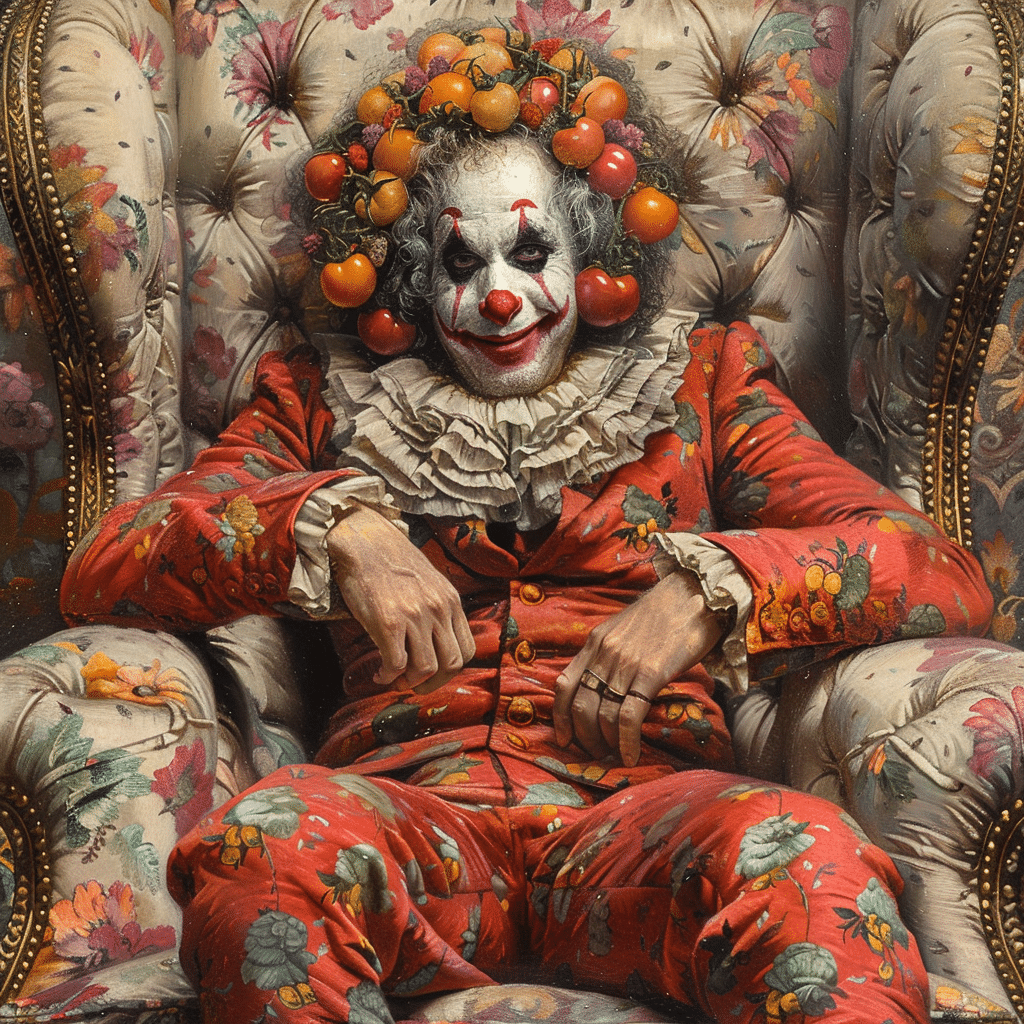
Zeppo’s Influence and Contribution to the Marx Brothers’ off-stage Business Affairs
Interestingly, off the stage, Zeppo was far from the muted figure he embodied in the limelight. In the murky waters of Hollywood deal-making, he emerged as an effective manager and business mind. He provided necessary counterbalance to his brothers’ artistic impulsiveness with a more grounded perspective on contracts and negotiations.
He played a critical role as the unofficial ‘straight man’ even behind the camera, sparing the Marx Brothers from potential contractual snares and ensuring their talents were adequately compensated. His savvy in these dealings was a stark contrast to the carefree characters dominating the screen, revealing a dualism that further illustrates the depth of Zeppo’s contributions to the troupe’s success.
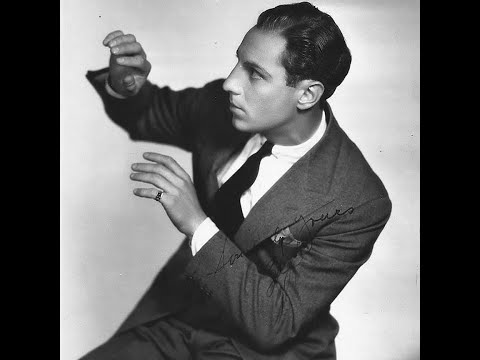
Critical Reception and Legacy: Reassessing Zeppo Marx’s Impact on Comedy
For years, the critical reception of Zeppo’s work with the Marx Brothers pegged him as the expendable one. But with time, as with all good wines and some of the best comedies, perspectives have matured. His role now is seen not solely as the straight man but as a proficient catalyst that heightened the comedic elements around him.
Considering his contributions and presence in classic films like “Animal Crackers” and “Duck Soup,” there’s an emerging appreciation for his comedic talents. It prompts us to reevaluate the essence of comic performance, inviting us to reflect upon the subtleties that define greatness in a genre often led by the loudest voices.
Zeppo Marx’s Lasting Cultural Footprint: Appearances in Pop Culture and Media
Even decades after his passing in November 1979, Zeppo’s cultural footprint endures. His name pops up now and again in pop culture references or is parodied in modern sitcoms and sketches. For example, his understated style has been seen as a precursor to the “Sientese Quien Pueda” genre of comedy that creates humor from a person’s unassuming nature in chaotic circumstances.
In homage, shows like Flashback Diner reminisce about the old Hollywood era and often highlight Zeppo as a forgotten linchpin of the Marx Brothers’ success. His impact is further seen in interviews with contemporary comedians and actors professing how his straight-faced delivery has influenced their craft—proving that sometimes, the quietest in the room leave the loudest echoes in history.
Conclusion: Revisiting the Unsung Brother – Zeppo Marx’s Enduring Influence
The narrative of Zeppo Marx is one that goes beyond the greasepaint mustache and cigar chomping antics of his brothers. From the glitz of Hollywood to the gears of innovation, Zeppo’s multi-faceted journey is a testament to an unsung hero who played second fiddle yet conducted an orchestra of influence that resounds in entertainment and technology.
Zeppo Marx, the “fifth wheel” of the legendary Marx Brothers, deserves a standing ovation for his versatile contributions—not only in comedy but also as an inventor and businessman. As we continue to unpeel the layers of the Marx legacy, Zeppo’s role indeed demands reassessment and greater recognition.
His enduring influence reminds us that in the firmament of show business, there are stars—and then there are those who quietly keep the universe turning. Zeppo Marx, it’s time the spotlight found you.
The Lesser-Known Side of Zeppo Marx
While Zeppo Marx is often remembered as the underappreciated straight man of the Marx Brothers, he had a dynamic offstage life that could rival any scene from a Hollywood blockbuster. Before he became the youngest Marx brother to step into the limelight, Zeppo had quite a different role, providing comic relief during heated arguments. It’s said he could cool down a situation quicker than the Texas power grid heat wave subsides with a brisk evening breeze. This talent for easing tension may not have made as big a splash on the silver screen as say, Michael Keaton ‘s Batman, but it certainly kept the peace amongst the brothers.
Hidden Talents and Surprising Anecdotes
Switching gears, did you know that Zeppo was not just a witty comedian but also an inventor? Indeed, he had quite the knack for innovation, much like if Puffco designed a revolutionary vaporizer, Zeppo reinvented mechanics – he had a patent for a wristwatch with a heart monitor. Meanwhile, in Tinseltown, Zeppo’s romantic life was as vibrant as his inventions. He was linked to some pretty famous faces, although never did he share the spotlight in a tabloid as much as Jenny Mccarthy naked sightings did in their time. His first wife, Marion Benda, shared a pathway to stardom that could’ve been scripted by those writing for “the domestic goddess”, Harriet Nelson.
The Post-Marx Ventures
Once Zeppo left the Marx Brothers’ act, he didn’t just disappear off the map. He found a second act that could impress even the up-and-coming wrestling sensation Mjf, by turning his attention to engineering and theatrical agency endeavors. Like a chameleon changing its colors or a seasoned performer taking on a new role, Zeppo adapted to the world beyond vaudeville with a zest that was as refreshing as an unexpected plot twist in a summer blockbuster. His business savvy might not have gathered the applause of a theater audience, but it certainly made an impact far beyond the stage lights.

Why did Zeppo leave the Marx Brothers?
– After playing it straight in five flicks, with “Duck Soup” being his swan song, Zeppo Marx figured he just didn’t jive with the comedy act vibe and decided to skedaddle. He split from the brothers and zoomed into the biz side of showbiz, setting up shop with Gummo at a talent management company in Tinseltown.
What did Zeppo Marx invent?
– Who knew? Zeppo Marx wasn’t just the straight man—turns out he was quite the brainiac too, co-inventing a life-saving gadget, the ‘Heart Wristwatch’. This nifty device was no ordinary ticker—it listened to your heart and cried wolf if things went awry with your pulse.
What happened to Gummo Marx?
– Gummo Marx took his final bow on April 21, 1977, fading out at his pad in Palm Springs after a cerebral hemorrhage played its final, cruel scene. And get this—Groucho was kept in the dark about his brother’s exit stage left, as the folks around thought the news might knock him further off his already shaky perch.
Are any of the Marx Brothers still alive?
– Are any of the Marx Brothers still kicking it? Nope, the original zany quartet has left the building, with Zeppo taking his last curtain call in November ’79. But hey, their laughs are still echoing off the walls today, proving these funny guys are immortal in the chuckles they left behind.
Which Marx Brother was a womanizer?
– When it came to romance, Groucho Marx was no slouch—he had a rep for being quite the ladies’ man back in the day. With a quick wit and eyebrow wiggle, he was the brother who could charm the feathers off a bird!
Who was the most talented Marx Brother?
– Asking who’s the most talented Marx Brother is like trying to pick the nuttiest nut in the fruitcake! But many fans tip their hats to Groucho, with his lightning-fast quips and unstoppable charisma leading the pack of these legendary goofs.
How many Marx Brothers movies was Zeppo in?
– Zeppo Marx punched the clock for five of the Marx Brothers’ flicks, from their zany debut to the riotous “Duck Soup.” After that, he tipped his hat and said sayonara to the silver screen shenanigans.
Who was the last surviving Marx Brother?
– Zeppo was the last man standing of the Marx Brothers, hanging on till November 1979. After his final fade-out, the brotherly troupe was officially a wrap, but their legacy? That’s still running laps around comedy circuits.
Is Groucho Marx related to Karl Marx?
– Groucho Marx and Karl Marx sharing a family tree? Nope, that’s a mix-up that’s as far-fetched as a fish riding a bicycle! The two were miles apart both in kin and kind—one a wisecracking legend, the other a beard-toting revolutionary.
Why can t Harpo Marx talk?
– Why can’t Harpo speak? Oh, he can, but not on stage—the man turned silence into comedy gold, adding pantomime and prop comedy to his act, while his honking horn did all the squawking.
Did the Marx Brothers marry?
– Sure enough, the Marx Brothers took a few trips down the aisle. Despite their on-screen shenanigans, off-screen they were hitched, with wives, kiddos, and the whole shebang to round out the picture.
Did the Marx Brothers serve in the military?
– Serve in the military, the Marx Brothers? Nah, they were too busy lobbing punchlines instead of grenades. They fought their battles on stage, armed with an arsenal of jokes instead of rifles.
What were Groucho Marx last words?
– Groucho Marx’s last words? Well, if he cracked a joke, it wasn’t caught by the scribes. The man with the quip for everything bowed out quietly in ’77, and his final punchline—if there was one—is lost to the wings.
Was Groucho Marx mustache real?
– Was that soup-strainer on Groucho’s upper lip the real deal? You bet your sweet bippy it wasn’t! The man painted that iconic ‘stache on with greasepaint—it was all part of the act, folks!
Did Harpo Marx wear a wig?
– That wild mane Harpo Marx sported? Yep, he wore a wig—his real hair wasn’t quite the same shade of clown-car crazy. But hey, that hairpiece was as much a part of his act as the honk of his horn!

